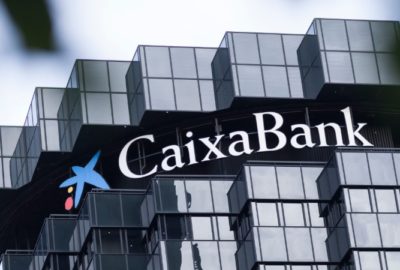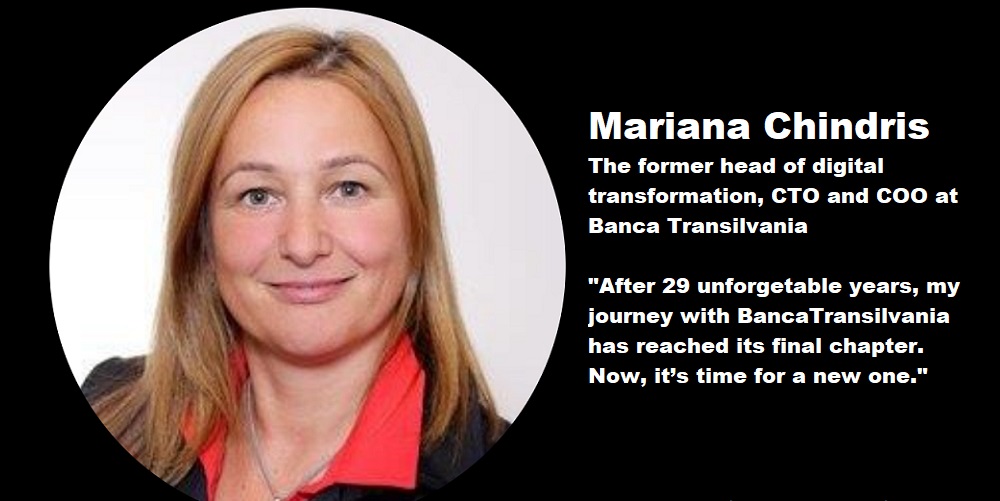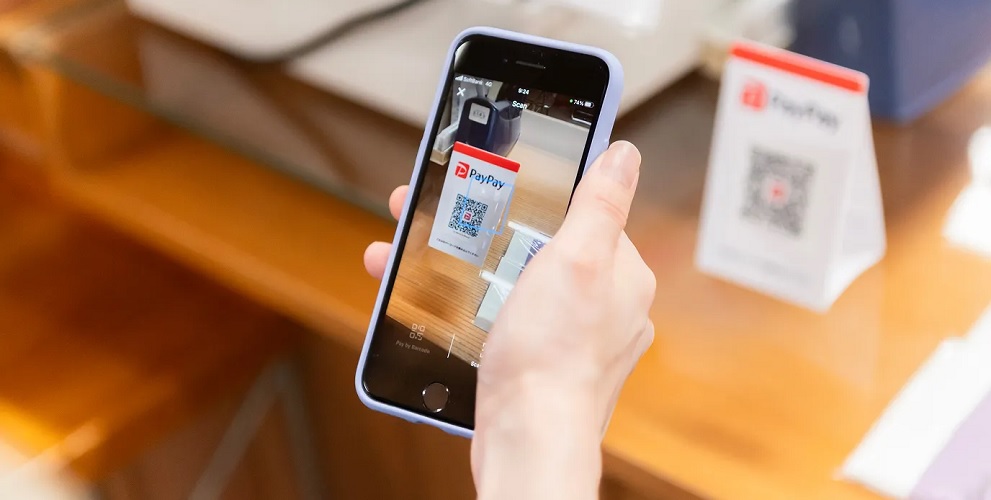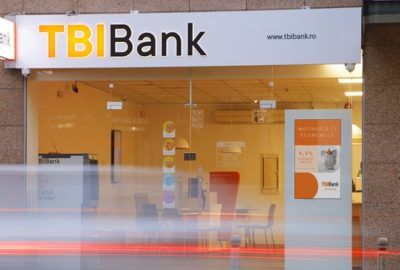Visa starts the pilot of Bank2Bank cross-border payments system which use blockchain technology
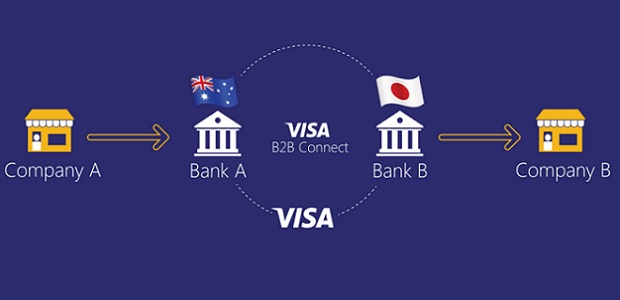
Visa and UnionBank announced the release of the pilot of bank-to-bank cross-border payments using the Visa B2B Connect platform ahead of the commercial launch of this new B2B solution by the third quarter of this year.
UnionBank is among the institutions selected for Visa’s global pilot program, which also includes Commerce Bank in the United States, Shinhan Bank in South Korea, Sberbank in Russia and United Overseas Bank in Singapore. It was also the first among these banks to conduct a successful B2B pilot. In addition, Visa plans to partner with more banks, both local and overseas, to expand B2B coverage.
The partnership is aimed to enable small and medium enterprises (SMEs) to send money directly to recipient banks. The requirement for a SME to open an account in each country where it has transactions will be eliminated, the agreement aiming also to cut transaction costs between UnionBank and overseas banks by about 50%.
“Traditionally, for example, if an SME needs to pay a supplier in Brazil, he would request for an electronic fund transfer from his UnionBank account to his supplier’s account in Brazil. That could take three to five days and have to pass through several other banks, and pend confirmation,” UnionBank chairman Justo Ortiz said.
“With VisaB2B Connect, thanks to blockchain technology, the SME can initiate the transfer, receive immediate confirmation, and the supplier can get funds the next day or in some cases, in real-time,” he said.
Visa B2B Connect is using blockchain, a digitized, decentralized, public ledger that records all transactions in chronological order, providing central record keeping that financial technology companies use to facilitate the exchange of cryptocurrencies—the most popular of which is bitcoin—without having to use the existing payments infrastructure used by banks and traditional institutions.
For now, Visa B2B Connect will not process any exchange of cryptocurrencies and only allow this to be a platform for official currencies or fiat monies that governments recognize as legal tender.
UnionBank explained that this would use the same blockchain technology to offer a new payments solution that still operated within a trustworthy governance framework and benefited from the back office processing and accounting departments of reputable financial institutions.
This solution seeks to address nagging issues on governance and money laundering that hound the world of cryptocurrencies.
Source: GMA Network
Dariusz Mazurkiewicz – CEO at BLIK Polish Payment Standard
Banking 4.0 – „how was the experience for you”
„To be honest I think that Sinaia, your conference, is much better then Davos.”
Many more interesting quotes in the video below:
